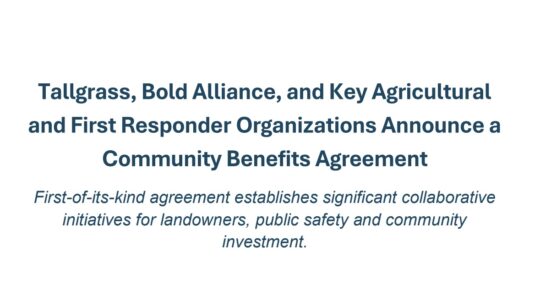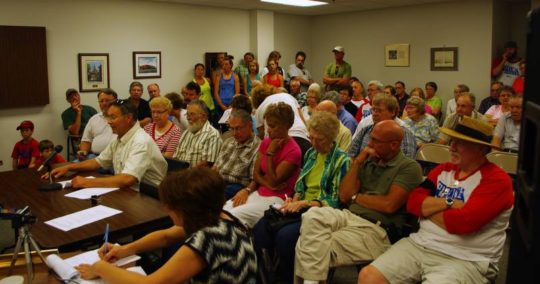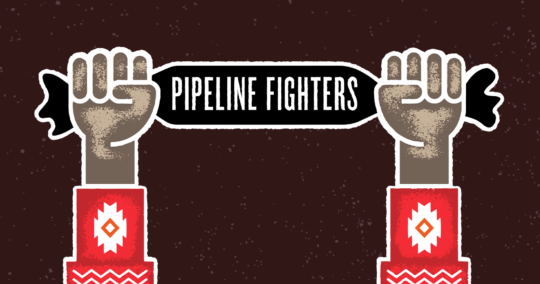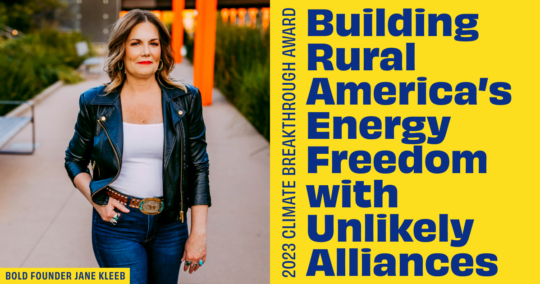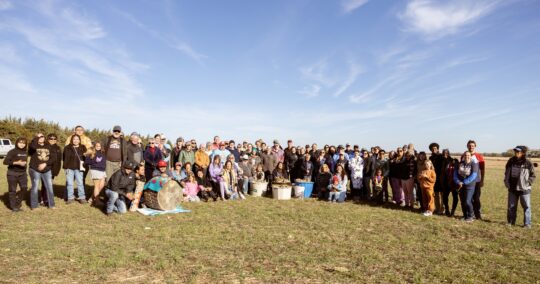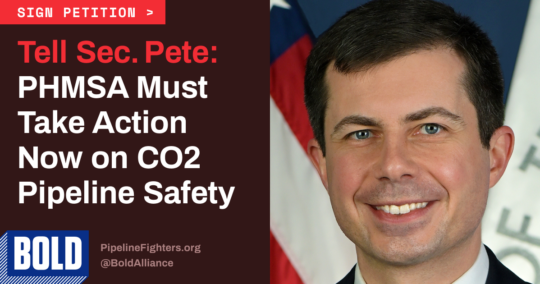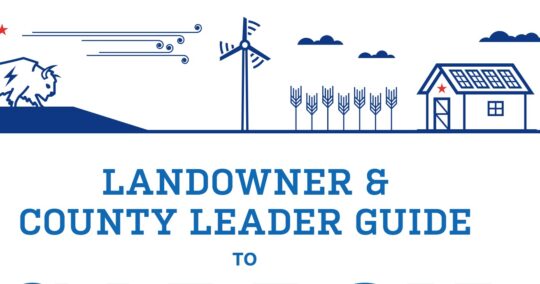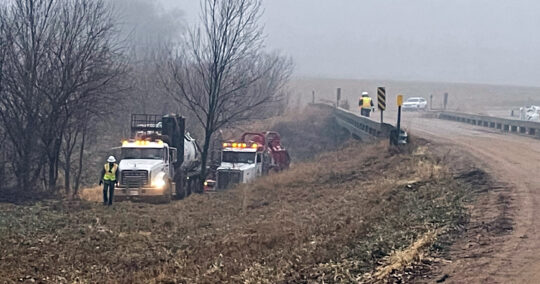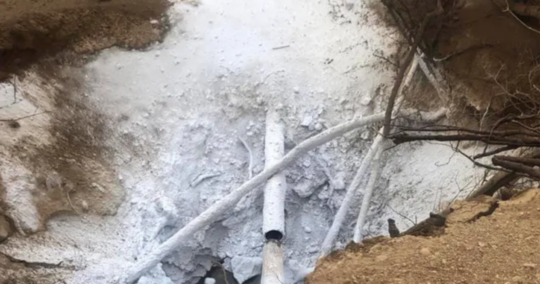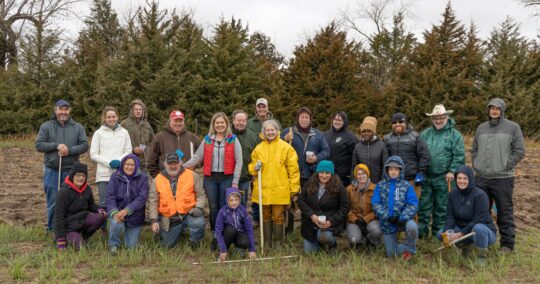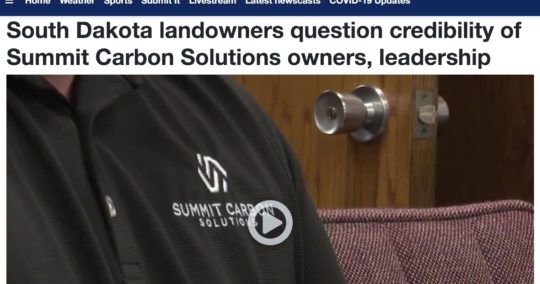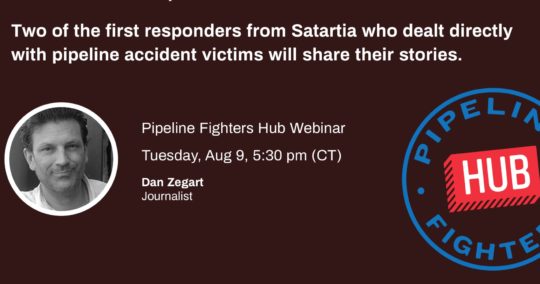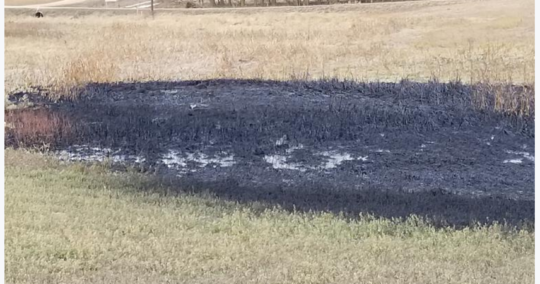In early December 2007, John Ewing received a phone call from Mike McLarney, President and CEO at United Way of the Midlands. He wanted John to serve as the Advisory Chairman of the Von Maur Victims’ Fund—an account set up to aid the families of the eight people killed and the four injured by a teenage gunman at the department store in the Westroads Mall in Omaha. John’s first thought was that he must have been at the bottom of a long list of people who Mike had tried to recruit. McLarney assured John that he was at the top of the list, given his unique qualifications as Douglas County Treasurer, a minister at Salem Baptist Church, and a former Lieutenant of the Special Victims Unit and Deputy Chief in the Omaha Police Department. Who better to administer funds but also counsel grieving and distraught families? John’s second thought was, “This will be the end of my political career.”


We were sitting in the nondescript headquarters for John’s congressional campaign, tucked into a drab strip mall between a Kwik Shop and a Chuck E. Cheese’s. “These things never turn out well and always end in lawsuits,” John explained, the emotion of that time still present. “I knew going in that it would be tough for them, and I knew it would be tough for me.” But John accepted the position, he said, “because our community needed someone to step up and be a leader.” To begin the process, John took the painful step of bringing all of the victim’s families and survivors together. “I wanted to give people the chance to vent, scream a little bit, and tell me what they were thinking, so that I could give them what they needed to heal.” Next, the committee, working with $1.2 million in donations, established a variety of disbursement categories for the victims’ families, including funeral expenses, medical care, counseling, and other needs. It was slow and often painful—but, in the end, no one sued. And the United Way adopted John’s approach as their model nationwide.
The experience convinced John that his abilities as a fiscal administrator and conflict resolution specialist could allow him to serve not only his native Omaha but the entire state of Nebraska and the nation. “We have seen the most partisan and least productive Congress in recent history,” he said. “Incumbent congressmen and women are out there campaigning to keep their jobs while 23 million people are unemployed, underemployed, or have quit looking for jobs.” He emphasized that now was the worst possible time to remove the federal safety net that so many Americans need to weather this downturn. “You can’t start by slashing support mechanisms for those less fortunate. You have to be willing to make investments in people, so they can move from unemployment to employment, from employment to a career to entrepreneurship so that they’re maximizing their abilities and adding the greatest value to society.”
John understands firsthand just how critical those programs can be for families seeking a way out of poverty. “My father was a carpenter and my mother was a nurse’s aid,” he said. “They had some tough times and didn’t always have all of the resources they would have liked for us to have.” John grew up in the housing projects at 30th and Parker in Omaha and remembers how his mother had to rely on food stamps to help feed their family of five, despite the fact that both parents worked full-time jobs. His parents, he said, were a far cry from the caricature created by Mitt Romney of the 47 percent of Americans who are “dependent on government” and unwilling to “take personal responsibility and care for their lives.”
“Even if 47 percent of Americans are receiving some type of government aid,” John said, “that’s a long way from being dependent on government, and certainly it’s a long way from taking no responsibility for yourself or your children. The working poor are working hard every day, cobbling two and three jobs together.” As for the remainder of the 47 percent, John asks, “Do we want to dismiss our seniors who have worked all their lives, but now receive Medicare and Social Security, and say that they take no responsibility for their lives? Do we really want to say that soldiers, and veterans who served their country and now receive a pension, are not responsible? Do we want to dismiss college students who are trying to reach their potential so that they can contribute to society, but receive Pell Grants to help pay for their education?”
John was a recipient of the Pell Grant while he was a student at the University of Nebraska–Omaha. But he also worked in the stock room at the Sears department store to help pay for his education. It was there that he caught the attention of two security guards who worked there to supplement their incomes at the Omaha Police Department. John remembered fondly how they encouraged him to apply to the police academy, because they believed he would bring the right kind of integrity and work ethic to the job. “As I went through that eight-month process of becoming a police officer, I realized it was exactly what I wanted to do. I was a business major, studying accounting and marketing, but I realized that while I liked business, I wanted to work with people directly, and I wanted to add value to people’s lives.”
His years on the force convinced him that we, as a nation, “have to invest in people not big corporations. Trickle down economics has never worked.” This has fueled John’s suspicion of TransCanada’s claims about the job-creating potential of the Keystone XL pipeline. “To argue that we need the pipeline because of the jobs it will produce is a false argument; no one knows how many jobs the pipeline will actually produce and no one believes that the jobs it will produce will be long term. It’s a fallacy to argue that jobs are the reason energy companies are pushing the pipeline.” John vows to hold energy companies to the highest possible standards when it comes to construction and monitoring of pipelines, and he believes in “tough penalties” for companies that cut corners that result in environmental disasters. “We can’t afford to let energy companies take shortcuts,” he said. “We also need to quit looking for an easy fix. Wind and solar energy make sense long term. We need to think of our children and grandchildren. Sustainable growth is investing in our natural resources and also our human resources. That’s when we have the greatest chance to be successful as a country.”
Learn More and Volunteer:
To learn more about John Ewing or to volunteer for his campaign to serve NE-2 in Congress, a position that will influence where Nebraska and our nation is heading on energy and other critical issues, visit John’s website at www.ewingfornebraska. You can also find John on Facebook.
About Congress:
You can find out if you are in the NE-2 district, it covers mostly the Omaha area. Nebraska has three districts for the House of Representatives. We have two Senators that represent the entire state. Both the House and Senate are often referred to as “Congress.”
Editor’s Notes:
John’s profile is part of a series to highlight candidates who embody “new energy.” Candidates who bring new energy, new faces or who are running on a platform of homegrown, sustainable energy deserve more focus and attention. These profiles will also be featured on the New Energy Voter website which will give Nebraskans a “voter guide” you can email to your friends. The New Energy Voter site helps you register online using the Rock the Vote tool and has a voter guide on candidates up and down the ballot. If you are on Twitter, make sure to use these tags #nevoter #nebpol and of course follow @boldnebraska.

